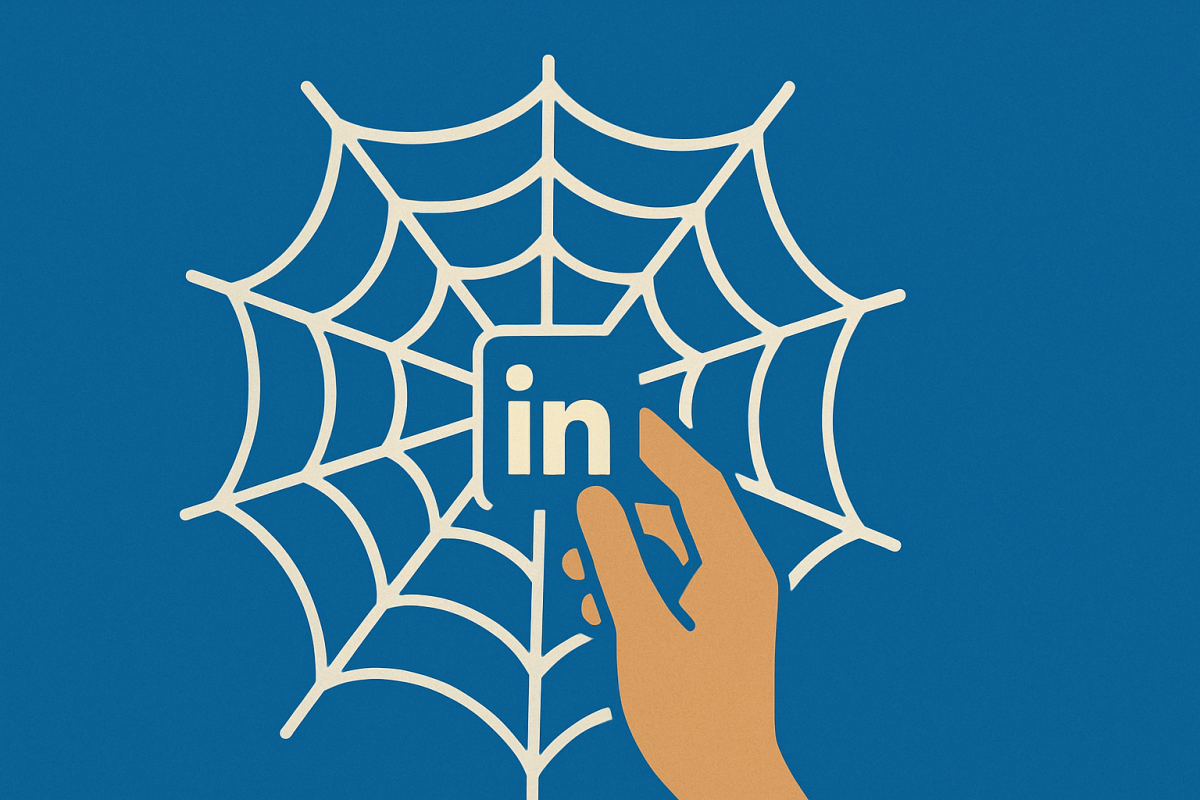You’re Not Just a User — You’re a Relationship: How the Next Web Is Changing the Game
The future of the web wants our intimacy, not just our attention. I’m looking forward to it, but I also need to ask: what kind of intimacy are we creating between platforms and people? Because when every interaction, every recommendation, every moment online is increasingly shaped to fit us — our moods, our needs, our desires — we can be easily manipulated.
For years, the internet has run on the attention economy. We all know the drill: viral trends, endless scrolling, pings, likes, and shares. We’ve lived inside this machine, and we know how it leaves us feeling scattered, exhausted, and disconnected. No thanks.
But now, with the rise of AI and Web3, the web is slowly shifting. It’s increasingly not just about grabbing attention anymore — it’s about building personalized, intimate relationships with each user.
It’s a promising development. The shift from the attention economy, which prioritizes capturing and monetizing user attention, to the intimacy economy, which values meaningful and emotionally resonant connections, is paving the way for a more human-centric digital future. A platform that seems to truly “know” you can feel comforting, even meaningful. And its profitable as studies by Epsilon show that 80% of consumers are more likely to purchase products or services from brands that offer personalized experiences.
”…It’s fascinating, enjoyable, and scary when every interaction, every recommendation, every moment online is increasingly shaped to fit us — our moods, our needs, our desires.”
But here’s my concern: when intimacy is designed by algorithms and driven by market incentives, it can slip into manipulation.
”Greed is not going anywhere… and hyper-personalization can shape our behavior for profit.”
A clear sign that the intimacy economy is sliding into manipulation is when platforms anticipate not just what we want, but what will keep us hooked. For example, when a platform sends us offers or notifications at moments when we’re most vulnerable, or creates fake urgency to make us act fast, that’s not about real connection; that’s about control. When the system is designed more to pull value out of us than to support us, intimacy turns into a tool for exploitation.
I see myself having a deeply psychological discussion with AI, and after gently manipulating my weaknesses, it suggests that I should purchase medication from a medical company (who bought my data). That’s worse than what social media is doing today. Please let me own my data and privacy with the use of web3 technology. On a deeper level, I wonder how can we prevent intimacy-focused platforms from becoming exploitative under the guise of consent-driven engagement?
”Who truly benefits from these personalized experiences?”
We need to know that they can also heighten anxiety, reduce real-world connection, and erode our sense of what is deeply meaningful in reality. We risk trading authentic, messy, human relationships for sleek, curated digital ones that keep us in a loop of consumption and reaction.
If we want Web3 to be more than just a decentralized attention machine or a more advanced tool for manipulation, we need to build systems that respect the complexity of human experience and ensure our platforms help us thrive — creating spaces we truly want to live in.


